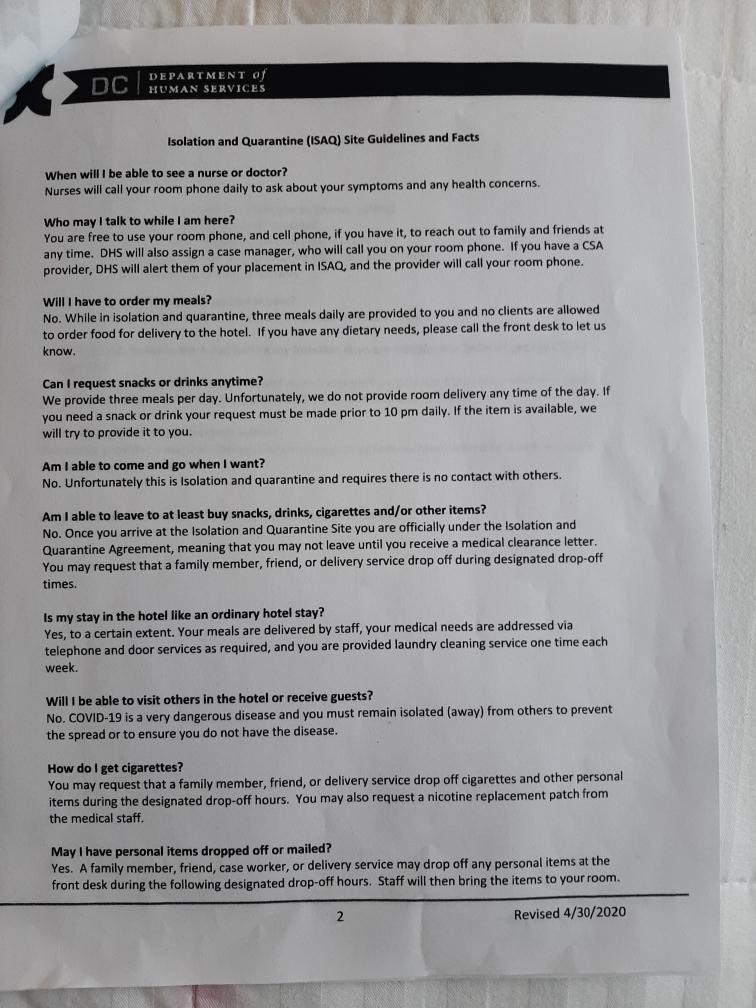The Humanities Truck works with diverse populations to collect, create, interpret, and curate stories that can return to the communities they originated from and circulate throughout the DMV. As we confront a global pandemic, we aim to record social responses to COVID-19 by asking how individuals and communities across the metropolitan region are responding to the crisis by building and sustaining community networks. This platform serves as a space to share, document, and reflect upon our stories.
In partnership with the Humanities Truck Project, Eric Sheptock will offer regular reports and reflections on the impact that Covid-19 is having on those experiencing homelessness in Washington, DC.
[yotuwp type=”videos” id=”IwTkaAbL6-k” ]
From Sam Ford:
I asked your question at mayors. Newser. Their response was that’s the point to limit contact. They provide meals and snacks
I asked your question at mayors. Newser. Their response was that’s the point to limit contact. They provide meals and snacks
My response:
Thanks for asking. My sense is that, by the mayor not micromanaging things, she doesn’t know about policies or policy changes within DHS. There was not direct contact between those in quarantine and their store runners. I would Zelle (similar to Cash App) money to a friend who’d go to the store. A DHS employee with a face shield and gloves would receive the goods at the hotel and bring them up to me. That’s what they do at meal time anyway. With the process well established, there is no harm in bringing store items to those in quarantine. Besides, those entering quarantine don’t learn the rules until they arrive, at which time they might realize that they didn’t bring something that they can’t go 2 weeks without. Then what??? Thanks again.
Thanks for asking. My sense is that, by the mayor not micromanaging things, she doesn’t know about policies or policy changes within DHS. There was not direct contact between those in quarantine and their store runners. I would Zelle (similar to Cash App) money to a friend who’d go to the store. A DHS employee with a face shield and gloves would receive the goods at the hotel and bring them up to me. That’s what they do at meal time anyway. With the process well established, there is no harm in bringing store items to those in quarantine. Besides, those entering quarantine don’t learn the rules until they arrive, at which time they might realize that they didn’t bring something that they can’t go 2 weeks without. Then what??? Thanks again.
DC Mayor Bowser ‘s admin paid c. $2,160 to quarantine me @ a hotel for 10 days but won’t give me a COVUD-19 test. Hmmm.
Oddly enough, there are free test sites around town but no tests for those in government quarantine. Stranger yet, my job is providing porta-potties for those test sites. So, when I leave quarantine, I can go to 1 of these sites and get the test that I couldn’t get in government quarantine. Hmmm.
[yotuwp type=”playlist” id=”PLj0-GQIYPE2-_wAmeBEN77dKyPI6dd2ut” ]





